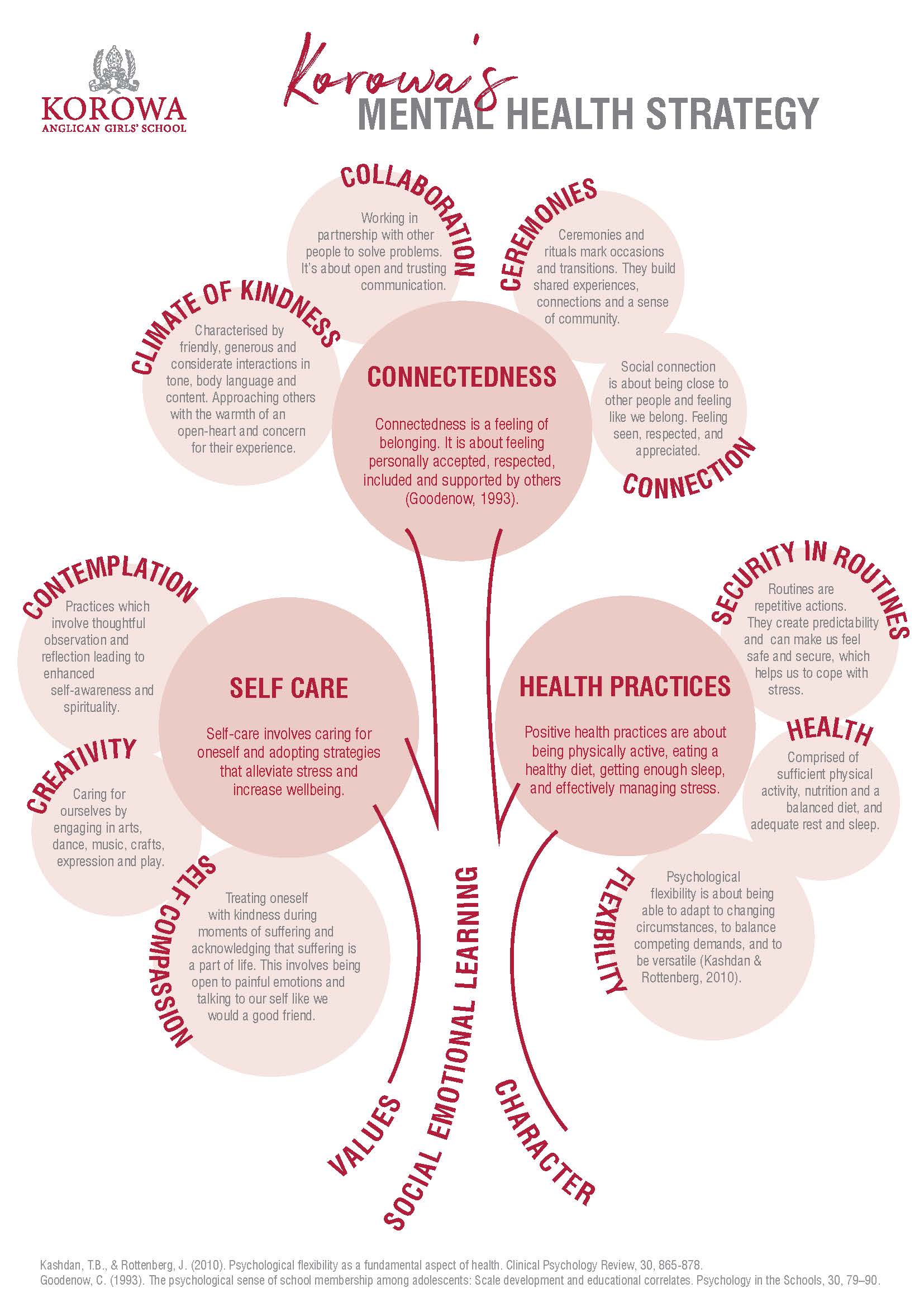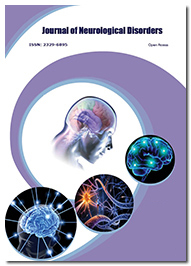Effective Mental Health Strategies for Well-being

Effective Mental Health Strategies for Well-being
Maintaining good mental health is essential for overall well-being, and adopting effective strategies can significantly contribute to a healthier mind. In this article, we’ll explore practical mental health strategies that promote a positive and balanced state of mind.
Understanding Mental Health: The Foundation of Well-being
Before delving into strategies, it’s crucial to understand what mental health encompasses. Mental health involves emotional, psychological, and social well-being. It affects how we think, feel, and act, influencing our ability to handle stress, relate to others, and make choices. Recognizing the importance of mental health lays the foundation for implementing effective strategies.
Prioritizing Self-Care: The Cornerstone of Mental Well-being
Self-care is a fundamental aspect of maintaining good mental health. Taking time for oneself, whether through relaxation, hobbies, or leisure activities, allows for stress reduction and emotional recharge. Prioritizing self-care is not selfish; it’s a necessary investment in one’s mental well-being.
Building Strong Support Systems: Connection Matters
Human connection plays a pivotal role in mental health. Building and maintaining strong support systems, whether through friends, family, or community, provides a network of understanding and empathy. Sharing thoughts and feelings with trusted individuals fosters a sense of belonging and emotional support.
Stress Management Techniques: Navigating Life’s Challenges
Stress is inevitable, but how we manage it greatly influences our mental health. Adopting stress management techniques such as mindfulness, deep breathing, or exercise can help navigate life’s challenges. These practices promote a calmer mind and provide effective tools for coping with stressors.
Establishing Healthy Boundaries: Preserving Mental Energy
Setting and maintaining healthy boundaries is crucial for preserving mental energy. This involves knowing one’s limits, saying no when necessary, and creating a balance between work and personal life. Establishing clear boundaries fosters a healthier lifestyle and prevents burnout.
Cultivating Positive Habits: Small Steps, Big Impact
Positive habits contribute significantly to mental well-being. Cultivating habits like regular exercise, adequate sleep, and a balanced diet positively impact both physical and mental health. Small, consistent steps toward a healthy lifestyle can lead to significant improvements in overall well-being.
Mindfulness and Meditation: Nourishing the Mind-Body Connection
Mindfulness and meditation practices focus on being present in the moment and cultivating a mind-body connection. These techniques have shown to reduce stress, anxiety, and improve overall mental clarity. Incorporating mindfulness into daily routines can enhance emotional well-being.
Seeking Professional Support: Breaking the Stigma
In some cases, seeking professional support is a crucial strategy for managing mental health. Breaking the stigma associated with mental health care is essential. Therapists, counselors, and mental health professionals offer valuable insights and tools to address specific challenges and promote well-being.
Educating Yourself: Knowledge as Empowerment
Understanding mental health conditions and learning about different strategies is empowering. Education reduces stigma, increases empathy, and equips individuals with the knowledge to support themselves and others. Stay informed through reliable sources and contribute to a more informed and compassionate community.
Mental Health Strategies for All: Inclusive Approaches
Effective mental health strategies should be inclusive and accessible to everyone. Regardless








